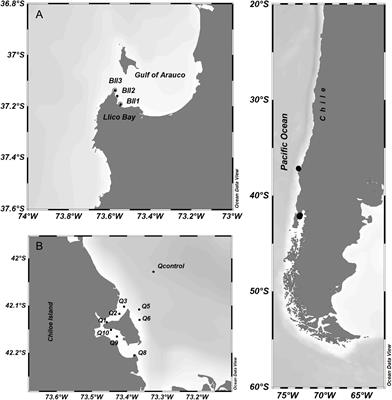EDITORIAL
Published on 24 Jan 2022
Editorial: Advancements in the Understanding of Anthropogenic Impacts on the Microbial Ecology and Function of Aquatic Environments
doi 10.3389/fmicb.2021.820697
- 2,361 views
13k
Total downloads
64k
Total views and downloads
EDITORIAL
Published on 24 Jan 2022
ORIGINAL RESEARCH
Published on 28 Oct 2021

ORIGINAL RESEARCH
Published on 29 Sep 2021

ORIGINAL RESEARCH
Published on 02 Aug 2021

ORIGINAL RESEARCH
Published on 01 Jul 2021

ORIGINAL RESEARCH
Published on 23 Jun 2021

ORIGINAL RESEARCH
Published on 08 Jun 2021

ORIGINAL RESEARCH
Published on 02 Jun 2021

ORIGINAL RESEARCH
Published on 25 Mar 2021

ORIGINAL RESEARCH
Published on 25 Jan 2021

ORIGINAL RESEARCH
Published on 13 Jan 2021

ORIGINAL RESEARCH
Published on 15 Dec 2020

